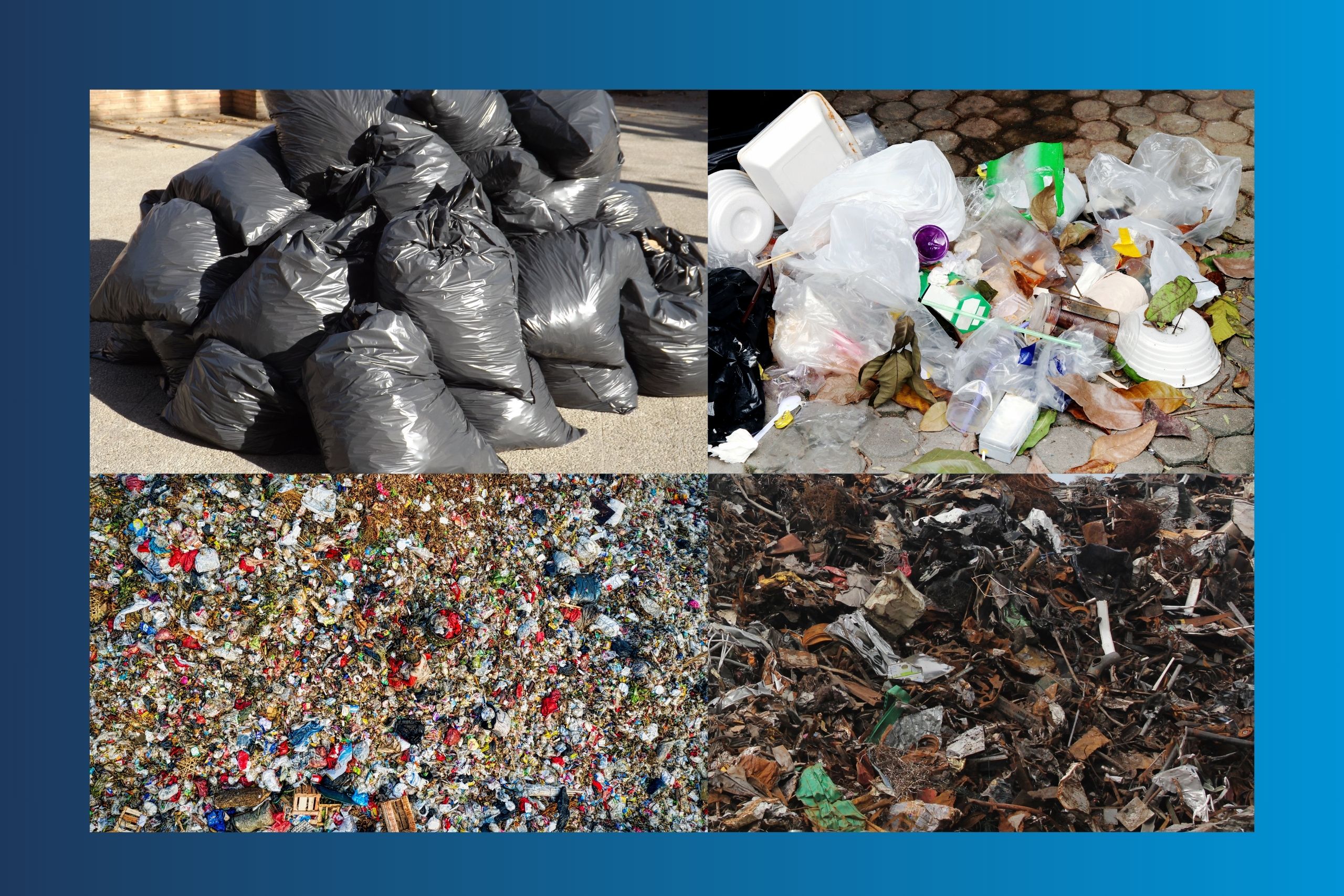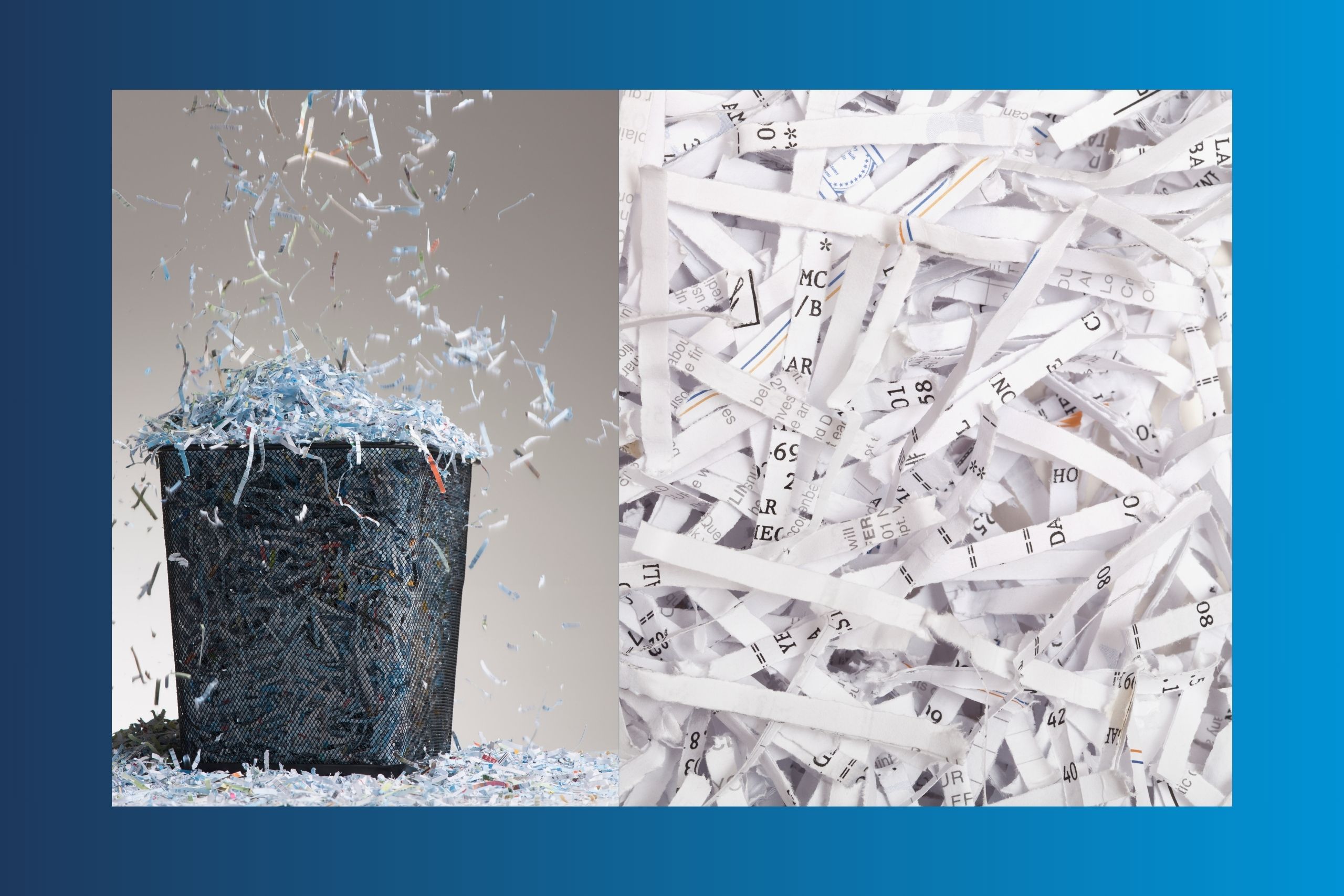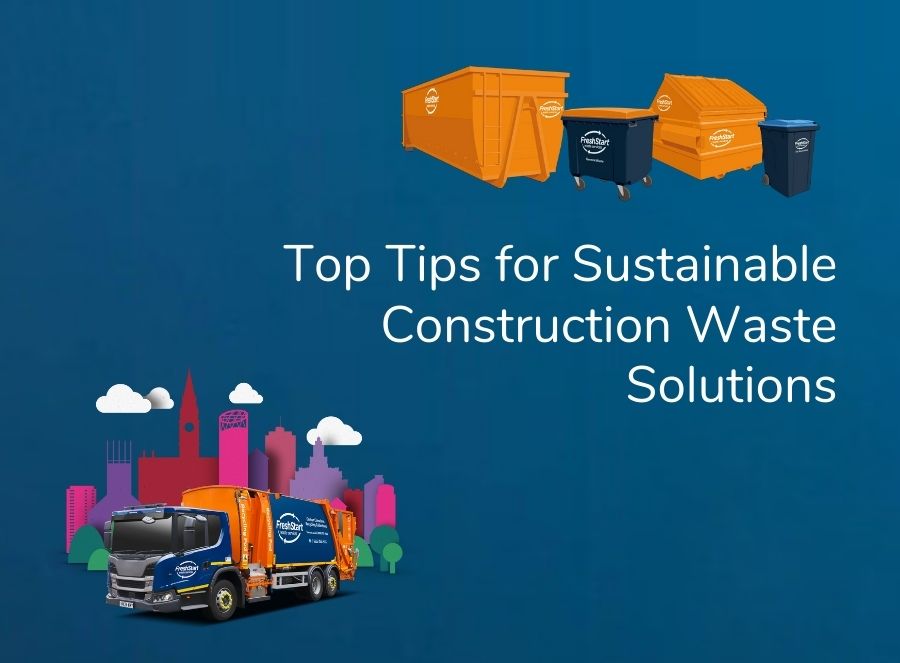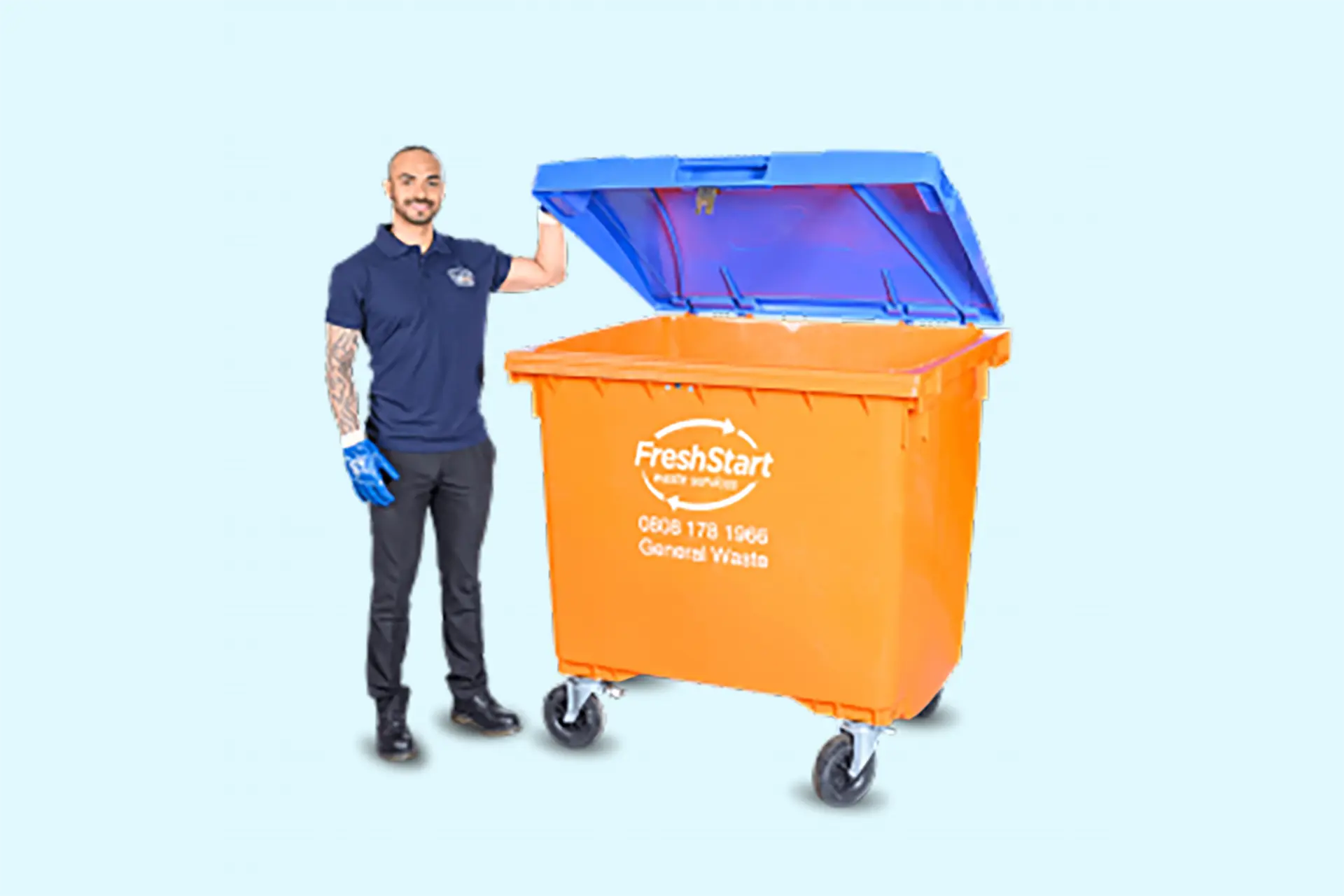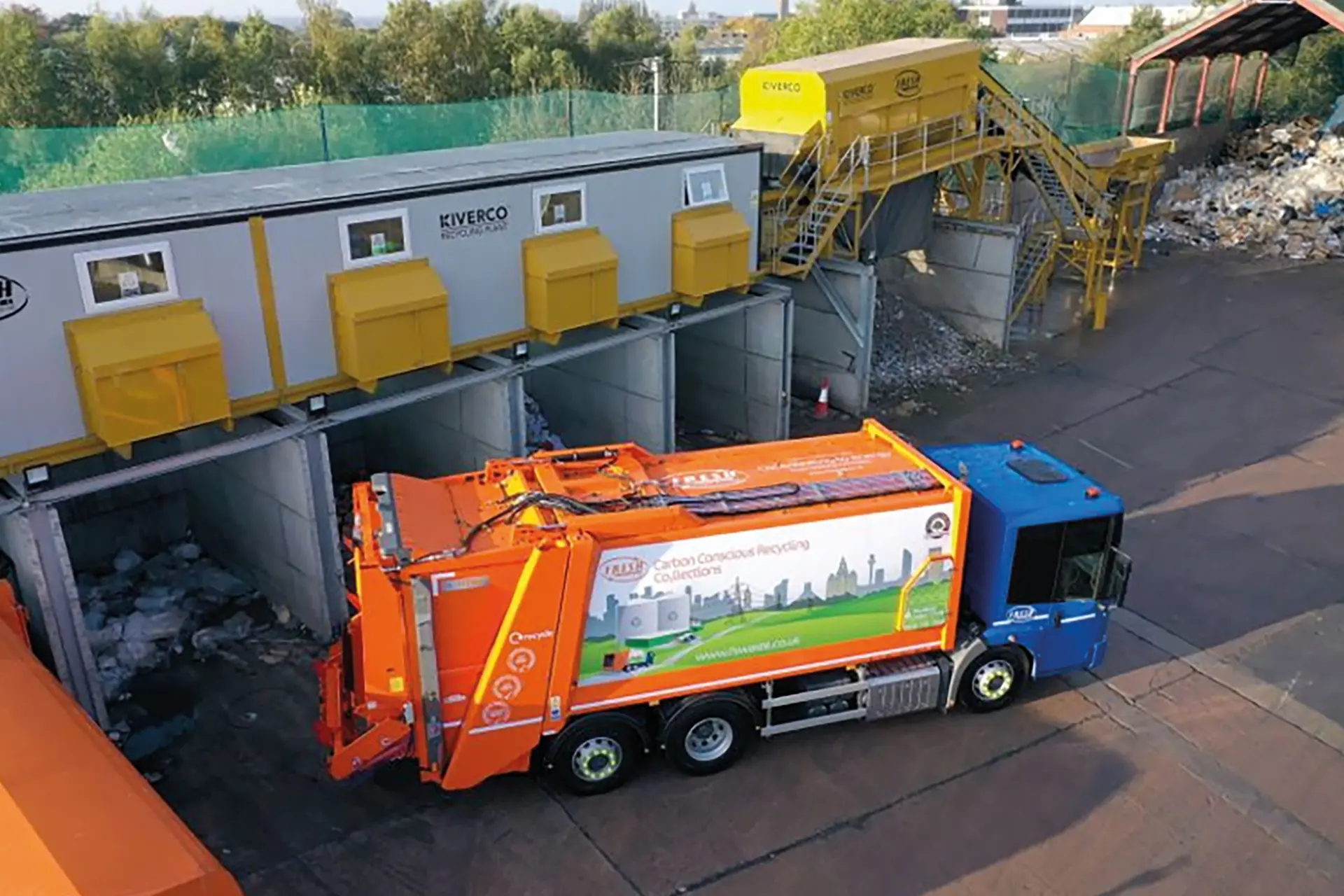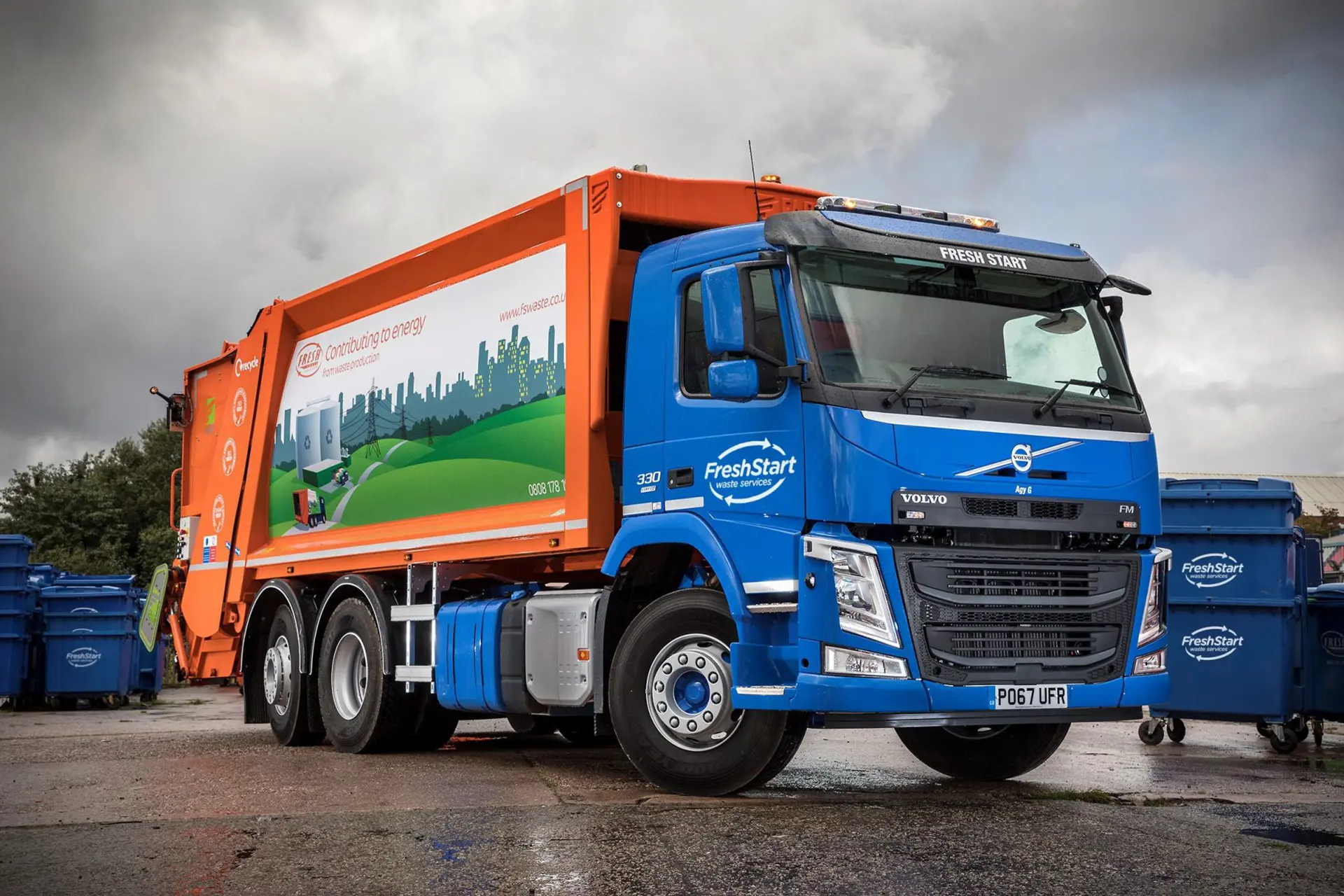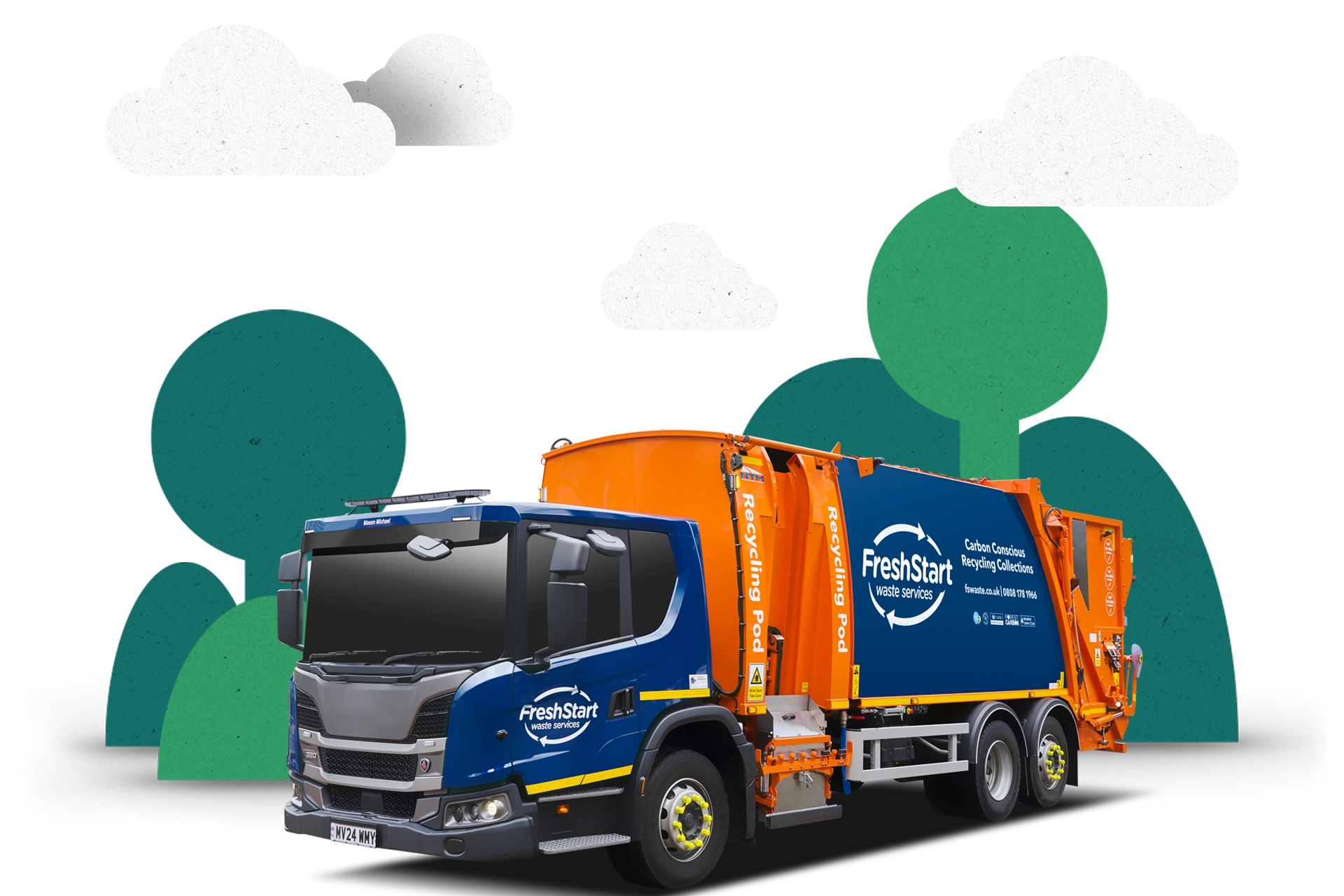The facts about new recycling regulations and TEEP
Commencing on the 1st January, under the revised EU Waste Framework Directive, all businesses are being advised that they are required to separate for collection all plastic, metal, paper and glass, but do they need to?
As a direct result of a consultation undertaken by The Department for Environment, Food & Rural Affairs (DEFRA) first published in 2013, draft Material Recovery Facility (MRF) Regulations came into force. The purpose of these regulations is to improve the quality of materials being collected and processed for recycling.
Waste management websites, forums and blogs are inundated with inaccuracies making waste producers believe the only way to conform to the new legislation is to separate the specified waste streams. This is not always the case.
Does your business need to comply with the new TEEP legislation? The TEEP test can help you determine if changes are necessary. If you already separately containerise plastic, metal, paper and card into co-mingled recycling bins, or single stream your glass, then high material qualities may mean you don’t have to modify your practices.
European Commission guidance 5 states:“Considering that the aim of separate collection is high quality recycling, the introduction of a separate collection system is not necessary if high quality recycling can be achieved just as well with a co-mingled collection”.
If the quality call is marginal, then before any change is made, the business should apply the TEEP test. TEEP stands for, “Technically, Environmentally and Economically Practical.”


